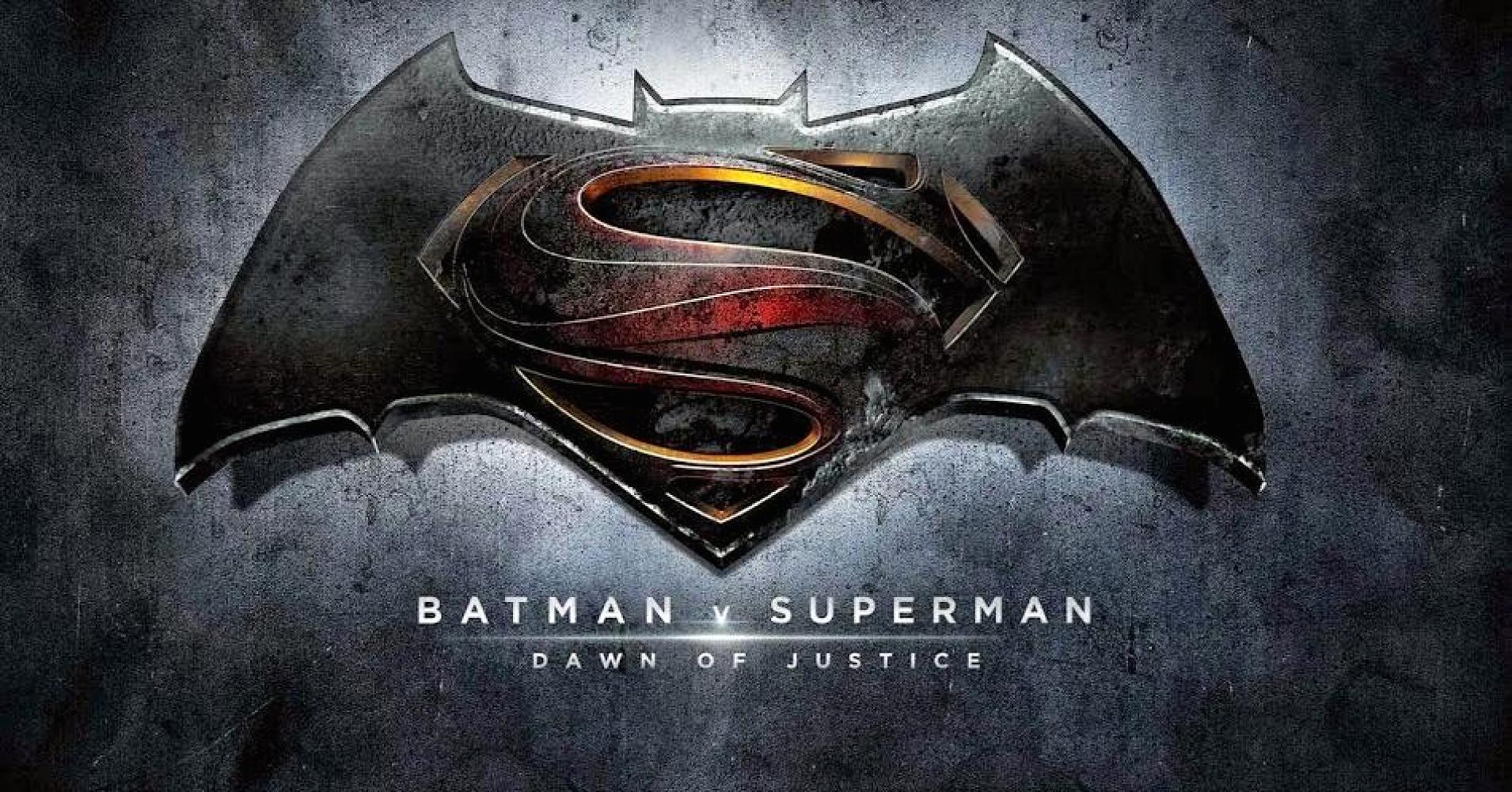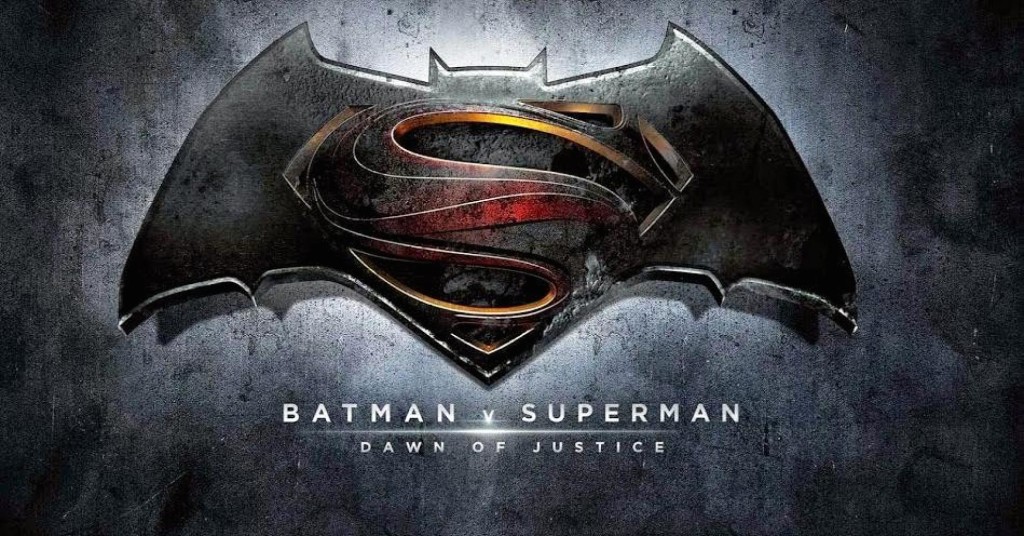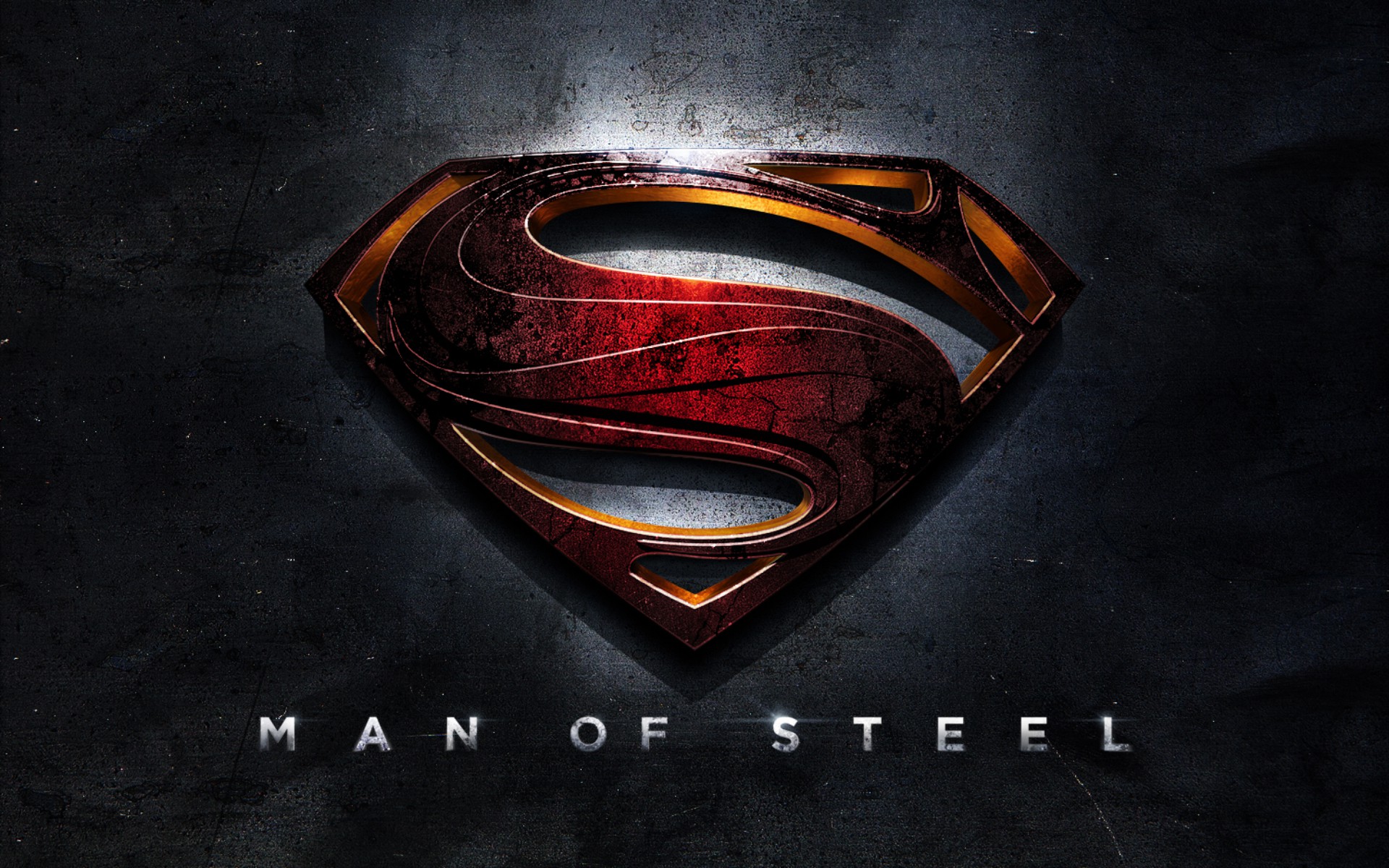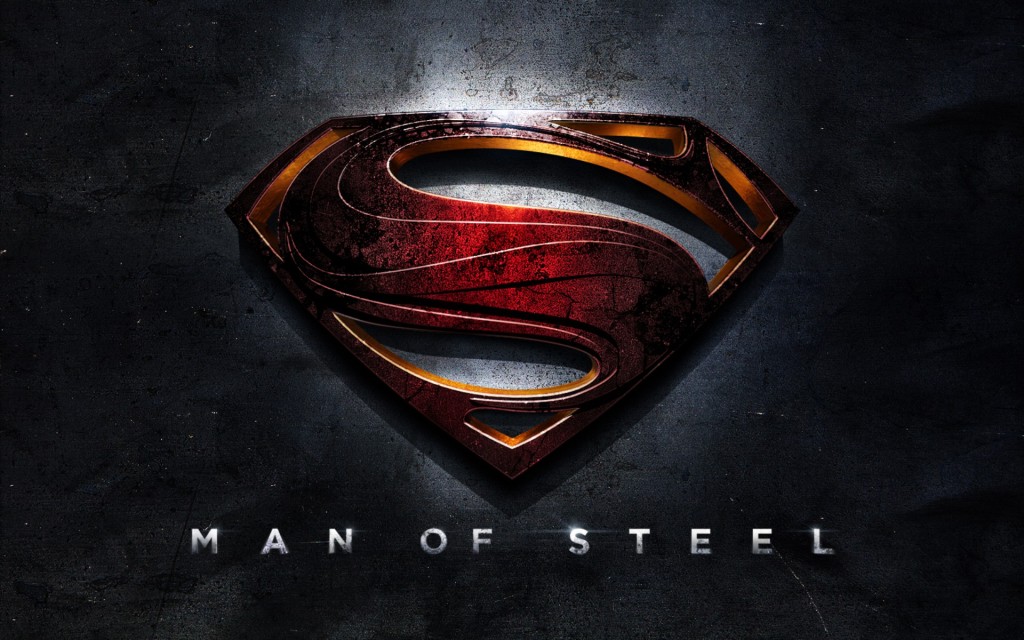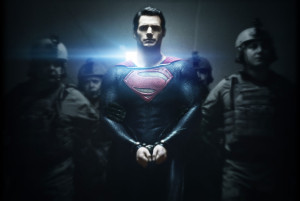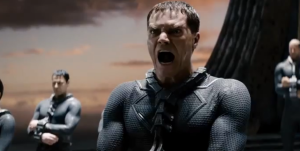Like its 2013 predecessor, Batman v Superman: Dawn of Justice is full of Christian/religious undertones and themes. Throughout the film, we see shots of characters praying, language surrounding angels and demons, and Superman being consistently portrayed as a savior figure. Even the classic epicurean problem of evil plays a role in the movie’s dialogue.
One of the most frequent themes in the movie is this question of who exactly Superman is. Is he a god? Is he a man? Is he somehow both? Is he the savior of humanity that people have been waiting on? This shouldn’t come as a surprise to the audience, because we even see this theme in the trailers for the film. In one scene of the film (from the trailer), we see Lex Luthor exclaim, “If man won’t kill God, the devil will do it!” In describing the battle between Superman and Batman, Lex again says, “The greatest gladiator match in the history of the world. God versus man. Day versus night!” Yet at the same time, we know there are references to Superman’s humanity. In another scene from the film (also from the trailer), we see Batman looking to Superman and asking the question, “Tell me, do you bleed? You will.” While Lex is fascinated by the apparent divinity in Superman, Batman is driven by finding Superman’s human weaknesses, and overall is a great movie to watch, as I watch it in a great TV with a tv mount full motion to enjoy it even more.
This question over Superman’s identity echoes a familiar debate from church history. In AD 318, a man named Arius began teaching that Jesus was not God at all, but that he was merely some sort of heavenly servant of the true God. The one Most High God was the only almighty and transcendent God, Jesus was merely a created servant. Arius in particular wrestled with how Jesus could be divine if he exhibited emotion, grew and learned, and ultimately died. He thought his teachings had precedent within the church, for in the prior century Origen had been teaching that the Father was due glory and praise that the Son was not. Arius’ teachings were simply the next logical step in the line of Origen.
In 325 the council of Nicaea was summoned. This council met to deal with the issues that Arius’ teachings had introduced. Who was Jesus? Was he divine? Was he created? Was he merely a man? These were the issues facing the council. Ultimately, they ended up expanding the language of the Apostles’ Creed (ca. 140) by detailing the relationship between Jesus and the Father – in particular Jesus’ divinity. The Nicene Creed proclaims that Jesus is “God of God, Light of Light, very God of very God; begotten, not made.” These were all expressions used to communicate that Jesus was as much God as the Father was. The final lynchpin in their argument for Christ’s divinity was the expression that Jesus was “being of one substance with the Father, by whom all things were made.” Through this language, the Arian view was rejected and the council declared that the Father and the Son are both God in trinity.
Why does this matter? Today is Good Friday. It is the day we solemnly remember the sacrifice that Christ paid on our behalf. It was on this day that all of creation hung its head in sorrow at the death of its creator. Christ was not only willing to stand in our place, but also to face the separation from God that comes through death.
But this is also a day that gives us confidence, for only the God-man Jesus Christ could be our true Savior figure. The sacrifice must have been man, for humanity deserved death (Romans 3:23). Yet the sacrifice must also have been God, for only a perfect sacrifice could have done away with our penalty (Galatians 4:4-5, Hebrews 2:9). Only the Creator could undo the brokenness of creation. Christ became the second Adam so that those who were in bondage under the first Adam could be set free (Romans 5:12-21).
What this means for us is that we can have confidence on even the most solemn of days like Good Friday. We know that when we look to Christ for salvation, we are looking to God himself. We know God because we know Christ. Although his body was laid in the grave, we celebrate that God raised him from the dead for our justification (Romans 4:25).
Who is this Jesus? He is our risen and living King, our friend, our brother, our mediator and advocate – our Savior!
I was recently talking to a friend (thanks, Tom) about the level of gospel-related imagery present in many Hollywood movies today. We specifically talked about the latest Batman trilogy – one of the reasons everyone loves Batman is that he’s the unlikely hero who is willing to sacrifice himself for the sake of others. Isn’t that why we love the idea of heroes today? One of the subplots in last years Avengers was that Tony Stark wasn’t a true hero until he learned what it meant to sacrifice himself and put his own life on the line. Captain America is the selfless boyscout who, despite being mocked and humiliated by his peers, continually demonstrates that others lives are more valuable than his. Selflessness, humility, sacrifice – things we love to see in our ideal heroes – are all things that Christ demonstrated through his earthly ministry and ultimate death on the cross.
In this years Man of Steel, Christ-like gospel imagery is absolutely everywhere, and the American public is going to eat it up. I am doubtful that either Zack Snyder or Christopher Nolan intentionally placed this imagery in the movie because of their faith (as far as I know, neither are professing Christians). Regardless, they were fully aware of the similarities between Christ and Superman, and were fully aware that this type of hero is exactly what the public wants to see.
Below I’ve compiled a list of some of the more obvious Christ-related imagery in the film. I am sure there are plenty more that I didn’t see during my first screening. While not an exact one-to-one likeness between Christ and the Superman portrayed in this film, the glaring connections cannot be ignored. I have been careful not to place any spoilers in this list, and there isn’t any information in the list below that you wouldn’t know from watching the previews:
- Many characters throughout the film are routinely seen wearing cross necklaces (this would otherwise be unmentionable if it weren’t for other imagery)
- Kal-El (Superman) is sent by one father (Jor-El) and raised by another (Jonathan Kent)
- Kal-El is naturally born, of the same essence as his father – while his enemy (Zod) is a created being
- At one point in the movie, child Clark is seen reading Plato – the influential philosopher of Christ’s time
- Numerous times in the film Superman holds his arms out in the form of a cross in the movie, most noticeably after being told he has the capacity to “save them all” (the human race)
- At a time of serious reflection, Superman has a conversation in a church underneath a stained glass window of Jesus praying in the Garden of Gethsemane (the place where Christ pleaded with the Father before heading to the cross)
- Superman willingly hands himself over to authorities (as seen in the trailers) – just as Christ did to those who arrested him
- Clark is routinely seen as the outcast and mocked and beat up
- There is an interesting conversation about a lack of morality (what the bad guys have) as their evolutionary advantage, while Superman’s weakness is his morality and compassion – and in the end “evolution always wins”***
- Superman explicitly mentions he is 33 years old – the age widely agreed upon for Christ when he was crucified
- Like Christ during his earthly ministry, Superman learns obedience to the mission his father sent him to Earth for
- Jor-El, Kal-El’s father, explains that Kal-El will be “like a god” and will give the people of Earth “something to strive towards.” Ignoring the “like a” god part, Christ is similarly the example all Christians are meant to strive for.
I would wager that this film has the highest amount of gospel-imagery in Hollywood outside of The Passion of the Christ. This imagery was obviously intentional, and is an obvious sign of one very important thing: we crave a Christ-like savior. I am confident that I would be hard-pressed to find anyone who would disagree with the major themes of Christ’s ministry: true love being willingness to lay down one’s life for another, loving others more than ourselves, being thankful for everything we have, forgiveness, his willingness to die for those who hated him – these are all things that our society almost universally agrees on as being great qualities of a leader and hero. Christ’s life and teachings changed the world, and since the first century these have been values that have changed the course of our society. This ultimately begs the question: Why is it that we love everything about Christ, and look for his virtues in our modern heroes today, yet we stop short of the most important thing he preached – faith in him?
Subjective Christ-imagery gulping aside, objectively this film was fantastic. It had everything I was looking for, the emotional pull of an outcast torn between two worlds – and the action Superman is worthy of on the big screen. Seriously, this film easily outdoes Avengers in the action department, and I loved every minute of it. The effects were fantastic, and watching Superman learn his limits as the fights went on was a great touch.
Ultimately, this film is a Sci-Fi origin story about an alien trying to fit in. The film begins on the planet Krypton, and I really loved the world that is portrayed. The scenes here shape a large portion of the plot of the film, and there is an added touch of witnessing a dying civilation that is past its prime. A stand-out performance in this portion of the film is Russel Crowe as Jor-El, who is an absolute beast of a man in every scene he is in.
Henry Cavill’s Superman is not the Donner-age Christopher Reeve boyscout most people are used to. Long gone are the days of the Boy Scout who saves cats from trees. This Superman is a brooding figure, troubled by a past of learning what it means to hide who he really was. That being said, as an origin story, this film does an excellent job of setting up where Kal-El’s moral compass comes from, and his boyscout do-good symbolism is something foreshadowed for future films.
Michael Shannon does a fantastic job of portaying a highly-motivated yet deeply flawed villain – a consequence of the dying society seen on Krypton. He steals any scene he is in, and is suitably creepy as a world-conqueror.
Worth mentioning are the performances by Kevin Costner as Jonathan Kent (Supermans adopted father) and Amy Adams as Lois Lane. Kevin Costner owns probably the most touching scenes of any movie this summer. The scenes of Clark growing up with his adopted father were an excellent touch on the film. In addition, Amy Adams portrays a much smarter version of Lois Lane, one who doesn’t seem so absent minded and blindly wandering into danger.
Hanz Zimmer also does a magnificent job with the new theme for this new Superman. Many people were concerned it would be hard to follow behind John Williams’ masterpiece score from the 1978 film, but Zimmers soundtrack does not dissapoint. It fully engages and melts all your senses.
My biggest critique of the film is that there were some serious pacing issues at times. Much of the film is told through flashbacks, and jumping around from present time, to flashbacks, to Zod, back to present, etc. could be a little jarring. I understood why they did the film this way, but I think it could have been simplified at times. Many critics also complained about “too much action”, and while that was exactly what I was looking for – the last half of the 2.5 hour run time is pure action – it may not be for everyone.
Ultimately, I loved this film. I ate up the gospel-imagery, which might make me a little biased, but objectively this is a great summer film with some emotional weight that many blockbusters don’t have. I give it a very high rating on an arbitrarily ambiguous scale.
***Note: For anyone who thinks I’m making this comment out of animosity towards science, that is not the case. I am a pro-science, Old-Earther (likely in the billions), Bible-believing Christian. I just found this dialogue interesting, as a lack of morality is the logical conclusion to a humanisitic-only evolutionary worldview.
